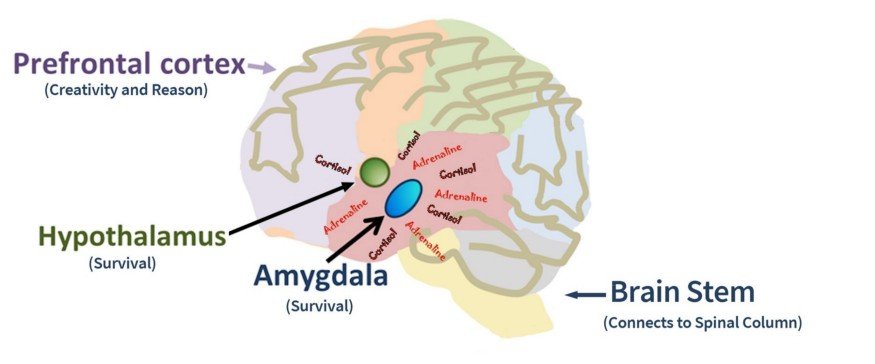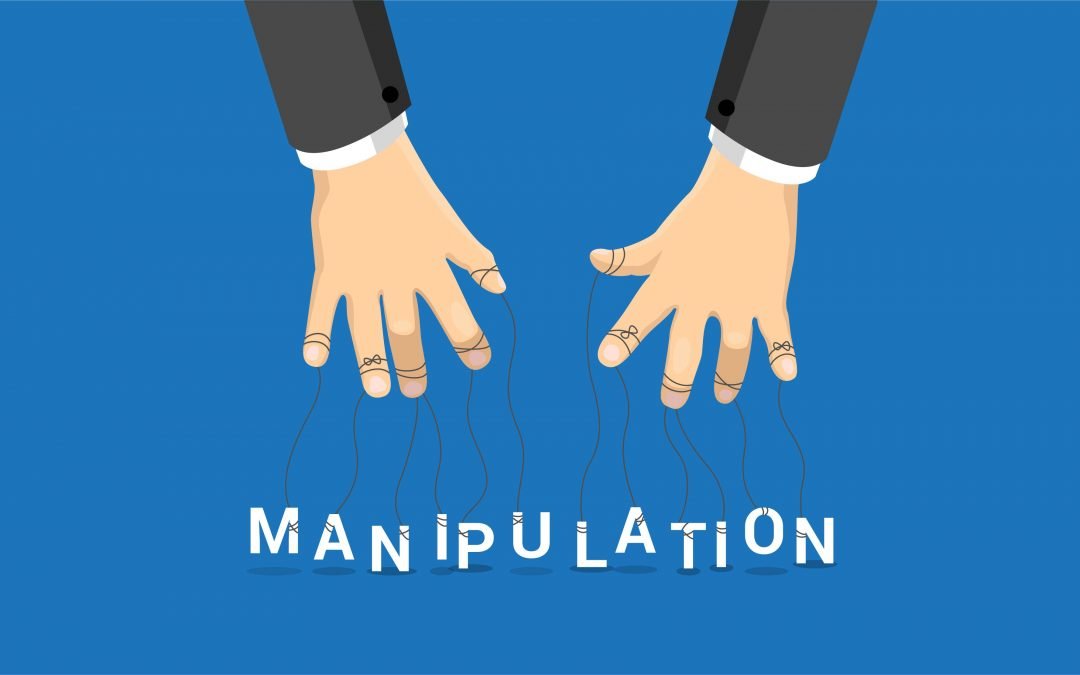We’re days away from the Lebanese parliamentary elections and the battle is raging. From media appearances to onsite electoral campaigns, candidates are moving by leaps and bounds. Meanwhile, some are operating under the pretext of “all’s fair in love and war”. Proof to this is a video that circulated on social media and has been triggering outrage among people. The number of comments, posts and tweets that followed were no surprise. After all, it’s getting more critical and the reference to religion in our society always reaps the “right” fruits. You might have been among the ones who experienced and expressed anger but did you stop for a moment and think that you might be victim of a scheme?
In the first hours after the circulation of this video, social media platforms witnessed an outburst of anger among journalists, politicians, people from all backgrounds… For a piece of information to be true, it should be logical, ethical and emotional. When one of the three is missing, especially if it was logic or ethics, we need to refrain from any reaction and try to understand what’s really happening.
So, what do we have here? First, the sheikh is addressing an audience that we’re not sure of their existence since we can’t see or hear them. Second, we don’t know where and when this talk took place. Third, Hezbollah’s electoral slogan “we protect and we build” in the background gives us the impression that the sheikh is campaigning for the said party. However, a close look shows us that the background is virtually set, therefore fake. Fourth and most importantly, he uses negative words and calls his opponents “impure”. As we watch the whole video, we hear more of such negative words that are definitely so strong for us to handle, but if we’re to have a reaction for every negative word we hear, then we’re becoming an easy tool for others to manipulate.
Every time you hear, read or see a piece of information, be it political, economic, social or even religious, and you experience a great deal of negative or even positive emotions, you should ask yourself: is this true? Is it logical? It is when you find out that the information that made you feel angry or scared for example is built upon carefully-chosen and planned words, sometimes visuals that aim at instilling anger and fear in your heart. The moment you feel angry or scared, the survival center in your brain (the amygdala) releases chemicals (such as adrenaline and cortisol) to get you move quickly away from threats and to slow down any other function that is not necessary for survival.

Source: miro.medium.com
It is so quick that it makes you react before the cortex or the reasoning center gets the chance to check whether your reaction is reasonable or not. In such case, you stop thinking clearly and you miss the opportunity to really assess the information’s validity. You react, and it is usually difficult for most people to readjust or correct their reactions in a more thoughtful way later, so they build on it. This is exactly what happened when people watched the video of Sheikh Nazir Jishi and couldn’t notice the flaws that broke its validity.
The use of negative words causes a feeling of threat which alters the decision-making process among voters. As Aristotle once said, “persuasion may come from the hearers, when speech stirs their emotions”. This is why words are power, and when power is abused, you fall into the trap. However, when you train yourself to see beyond the words, you can start becoming more aware of what’s happening and helping your reasoning to override your emotional responses so that the words you hear would not become your own trap.

